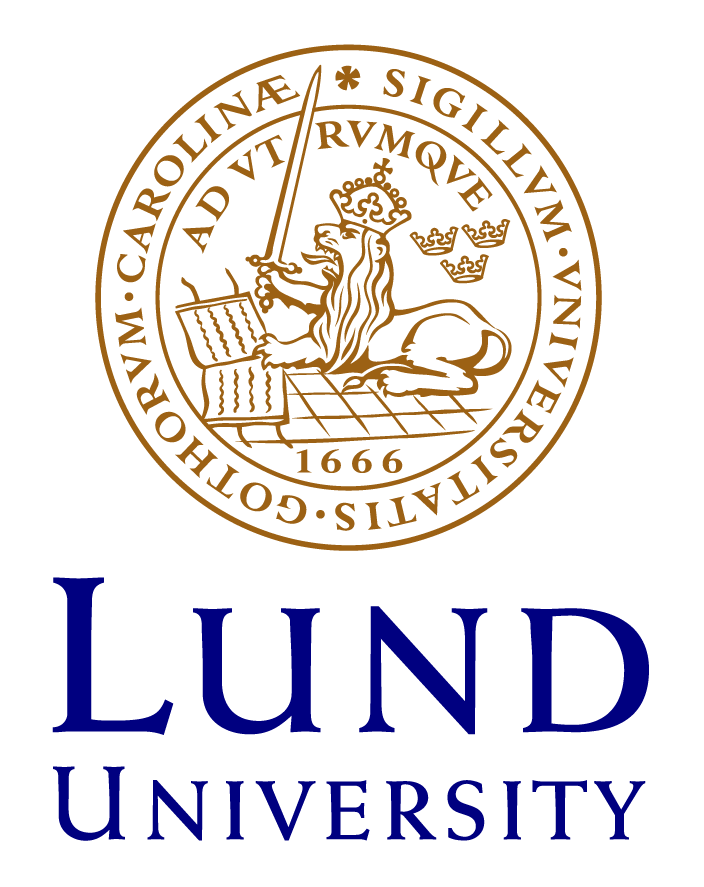


Recent advancements in differential equation solver software
Dr. Chris Rackauckas (MIT and University of Maryland, Baltimore; U.S.A)
Since the time of the ancient Fortran methods like dop853 and DASSL were created, many advancements in numerical analysis, computational methods, and hardware have accelerated computing. However, many applications of differential equations still rely on the same older software, possibly to their own detriment. In this talk we will describe the recent advancements being made in differential equation solver software, focusing on the Julia-based DifferentialEquations.jl ecosystem. We will show how high order Rosenbrock and IMEX methods have been proven advantageous over traditional BDF implementations in certain problem domains, and the types of issues that give rise to general performance characteristics between the methods. Extensions of these solver methods to adaptive high order methods for stochastic differential-algebraic and delay differential-algebraic equations will be demonstrated, and the potential use cases of these new solvers will be discussed. Acceleration and generalization of adjoint sensitivity analysis through source-to-source reverse-mode automatic differentiation and GPU-compatibility will be demonstrated on neural differential equations, differential equations which incorporate trainable latent neural networks into their derivative functions to automatically learn dynamics from data.